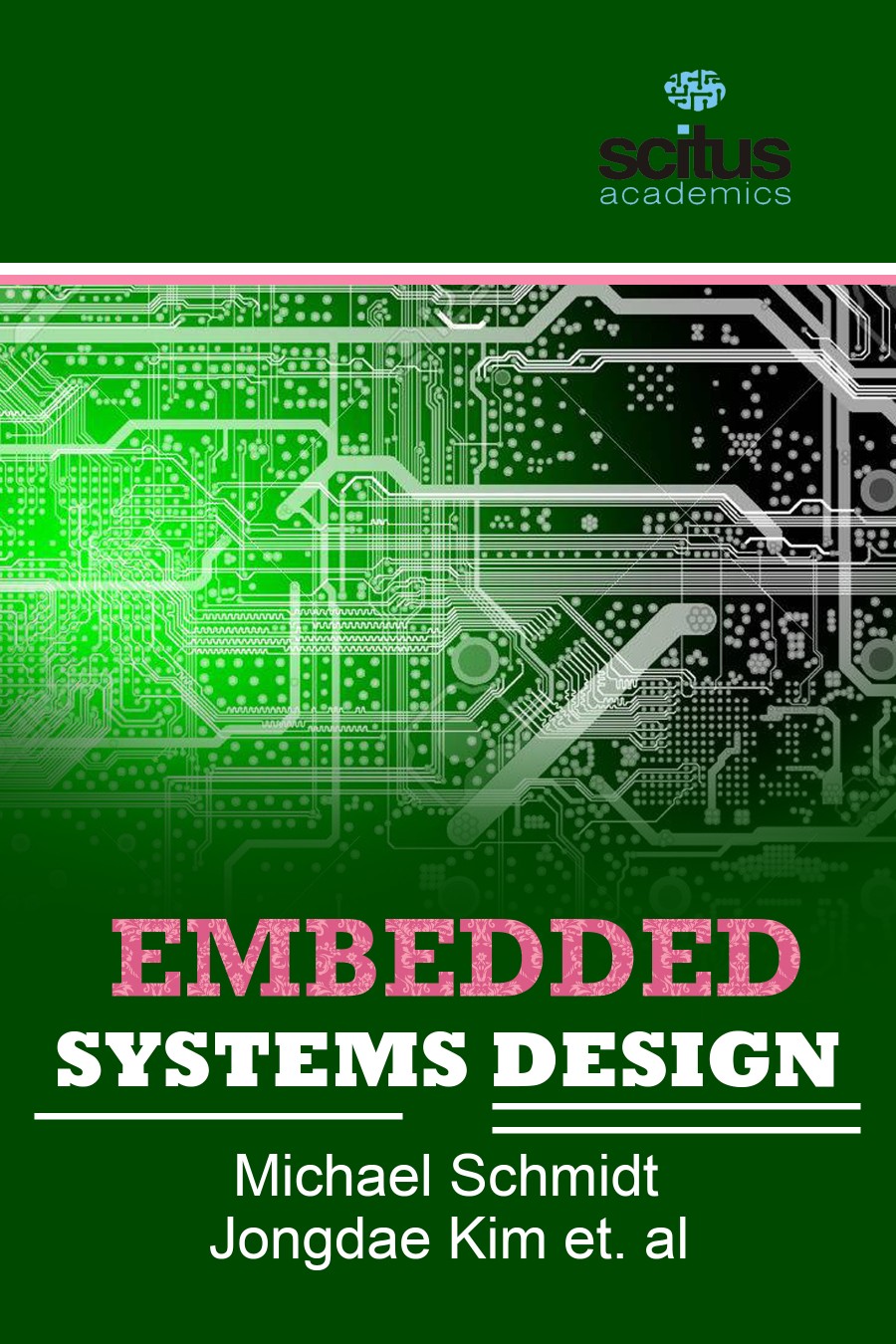Embedded systems and real time operating systems (RTOS) are fast achieving ubiquity, blurring the lines between science fiction and hard reality. Computer systems that are embedded in a variety of devices and play a significant role of specific control functions have permeated different scenes of industry. Therefore, we can hardly discuss our life or society from now onwards without referring to embedded systems. Nowadays, different advances in technology have reduced the cost of micro-controllers and devices, such as sensors and actuators. In addition, the proliferation of Internet connections has led to the appearance of digital system controllers that are designed to monitor and control equipment distributed by remote human intervention. Embedded systems and Real Time Operating systems are two among the several technologies that will play a major role in making these concepts possible. A large number of people are already depending on operating systems for real time applications, these ‘eyes in the sky’ are now going to make an impact on our everyday lives in a more considerable manner.
Embedded Systems Design is intended to describe research or technical aspects in the area of real-time and embedded systems. It aims at the evaluating of the maturity and design and control of embedded and real-time systems, and ubiquitous computing technology and the investigation of the trends and innovations in the field. For a broad range of embedded systems to continue their growth, a number of high-quality fundamental and applied researches are indispensable. It deals with the use of software engineering techniques in the design of embedded systems. It aims to propose a strategy for the development of embedded systems, that incorporate aspects of computing interest as an abstraction of the behavior and component-based design which allows embedded systems to have a number of features.
Various technologies presented in this book will be helpful to researchers and engineers around the world.













